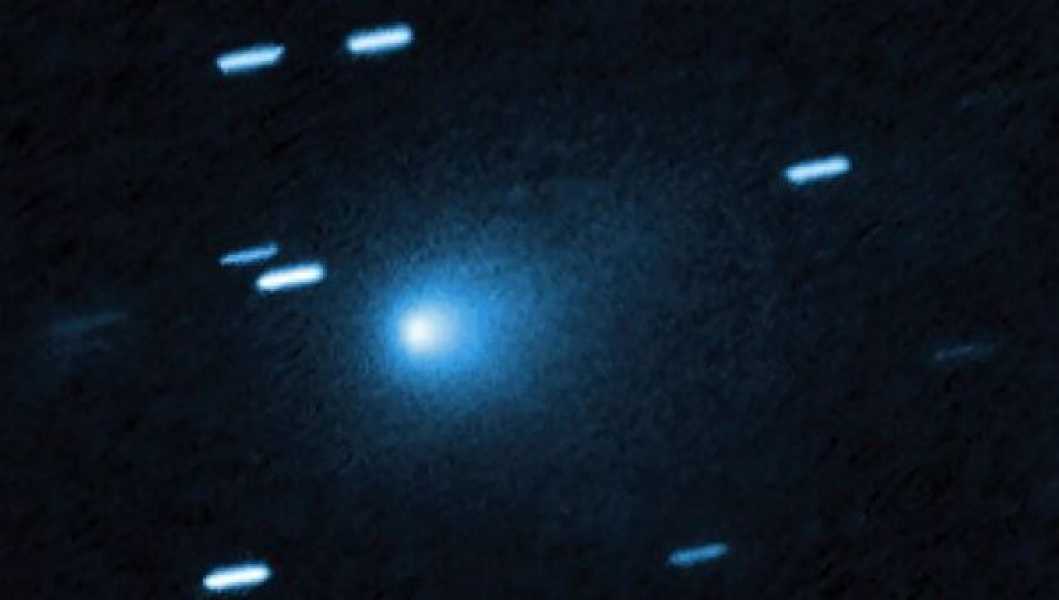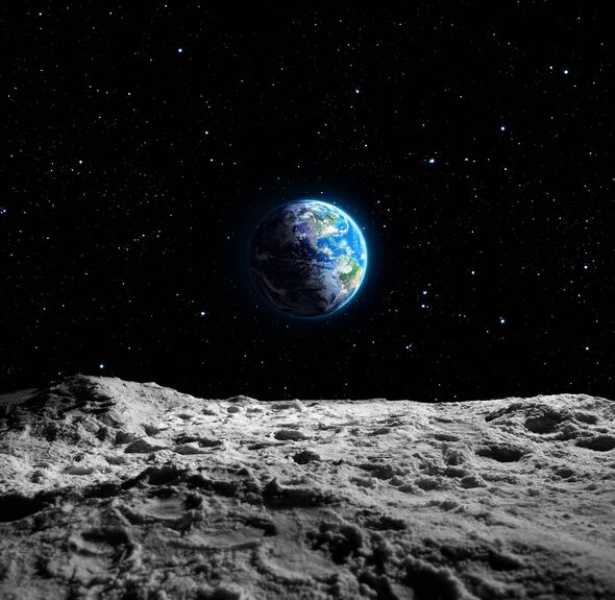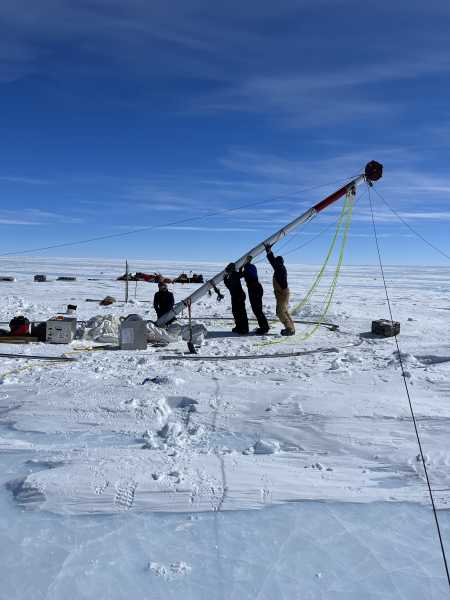A NASA scientist has suggested that life may exist in the oceans of planets in our solar system, and it may still exist today. Share this article Share this article Facebook X LinkedIn Reddit Bluesky Email Copy link Link copied Bookmark this Comment

A NASA scientist has hinted at the possibility of life in the oceans of the dwarf planet, noting that astrobiologists are constantly “surprised” by the level of activity at the outer reaches of our solar system.
According to NASA's Dr. David Grinspoon, Ceres is a dwarf planet, which is technically classified as an asteroid but has enough mass to have formed under gravity and may contain liquid water that could support life.
Article continues below ADVERTISEMENT
The planet's exploration has yielded more optimistic results than scientists initially expected. In an interview with WIRED, Grinspoon said, “We recently sent a spacecraft there and made some amazing discoveries.”
A bright white flash on the planet's surface indicating salt deposits suggests that water once existed there – perhaps with a salty composition similar to our oceans on Earth.
Grinspoon explained: “The most intriguing thing was the crater where we found salt deposits, indicating that there may have been water on the planet,” The Irish Star reports.

“This indicates that this was once a water world and may still have liquid water inside it.”
He added: “This is very exciting for astrobiologists as it implies that dwarf planets like Ceres may have had conditions suitable for life in the past.”
It's not all great news, though. Grinspoon suggests that conditions conducive to life may still exist on the planet.
He noted: “Who knows, maybe some of these planets still have habitable oceans today.”
Grinspoon added that scientists are constantly surprised by the results of their space exploration: “The more we explore the solar system, the more we are amazed by the level of activity on some of these worlds that we thought were dead.”
He noted that scientists have determined that water is a prerequisite for life, adding: “We have experiments showing that the building blocks of life can form very easily.”
Ceres, the largest object in the asteroid belt between Mars and Jupiter, is known for its “mysterious alien lights” – a term coined to describe strange glows emanating from its surface that have now been identified as salt deposits.
SUBSCRIBE Invalid email address
We use your registration to deliver content in ways you have consented to and to improve our understanding of you. This may include advertising from us and third parties based on our understanding. You can unsubscribe at any time. See our Privacy Policy.
Sourse: www.express.co.uk





